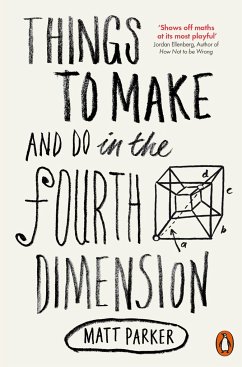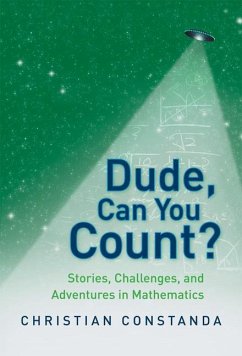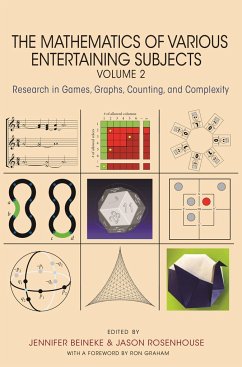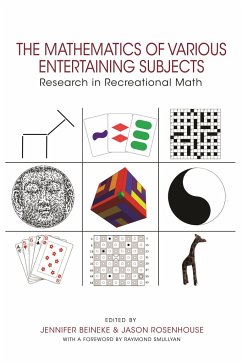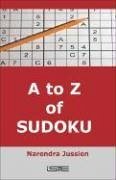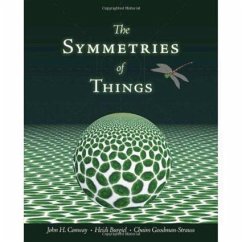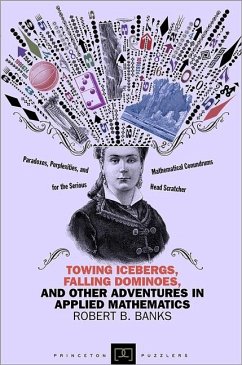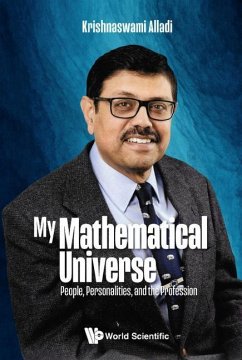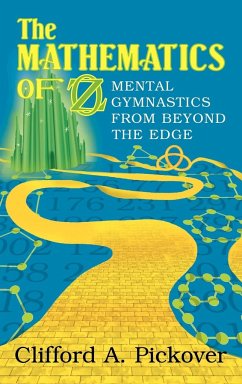
How to Count to Infinity

PAYBACK Punkte
5 °P sammeln!
'Sometimes all it takes is someone showing you that you can.' Birds do it, bees do it. Even fleas do it. Animal or human, we've always used counting to find our way through the jungle of life. Ancient Babylonians used their bodies to count to 60. Indian mathematicians in the 7th century discovered the number 0. And we've also always wondered: is there a final number? Does infinity ever end? What did Buzz Lightyear even mean? One of the world's most respected mathematicians, Marcus du Sautoy, unlocks this mystery. Just using the finite neurons in your brain and the finite pages in this book, yo...
'Sometimes all it takes is someone showing you that you can.' Birds do it, bees do it. Even fleas do it. Animal or human, we've always used counting to find our way through the jungle of life. Ancient Babylonians used their bodies to count to 60. Indian mathematicians in the 7th century discovered the number 0. And we've also always wondered: is there a final number? Does infinity ever end? What did Buzz Lightyear even mean? One of the world's most respected mathematicians, Marcus du Sautoy, unlocks this mystery. Just using the finite neurons in your brain and the finite pages in this book, you'll have your mind blown discovering the secret of how to count to infinity.




